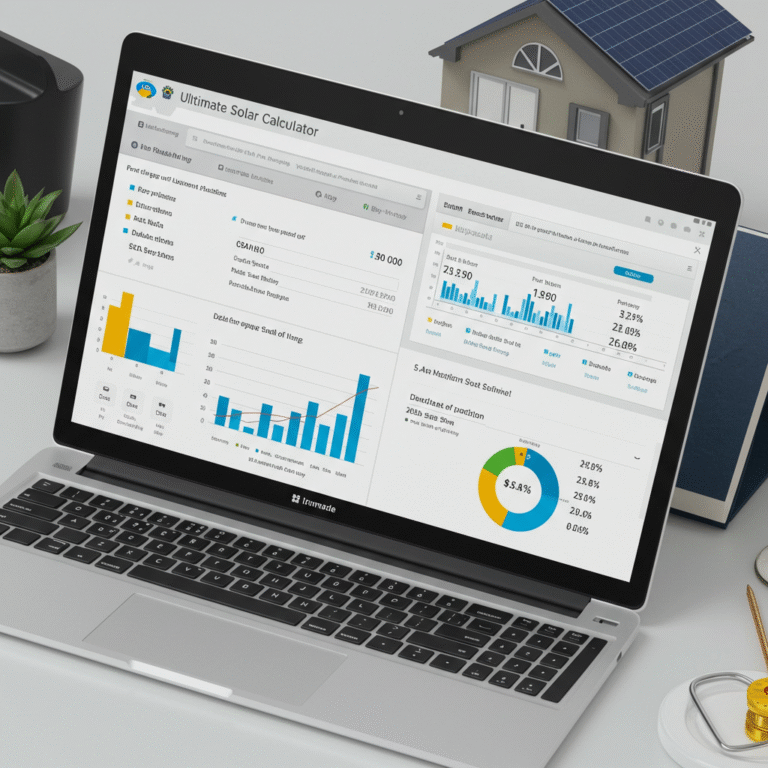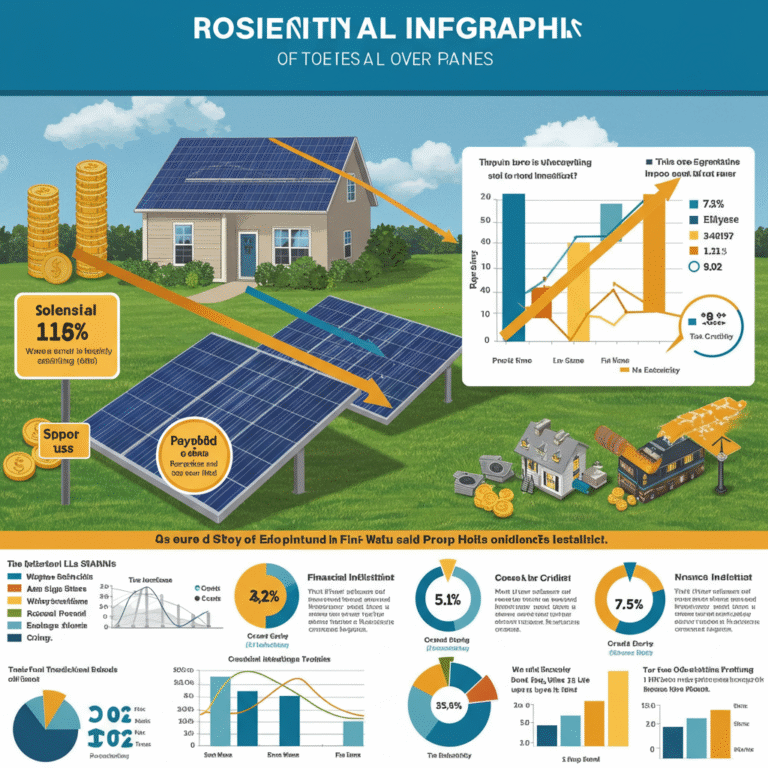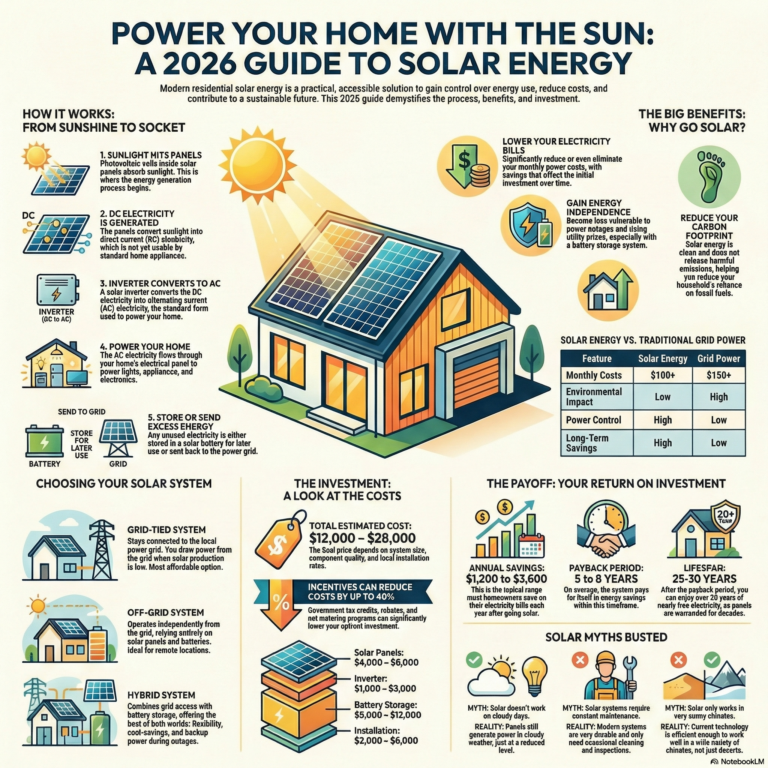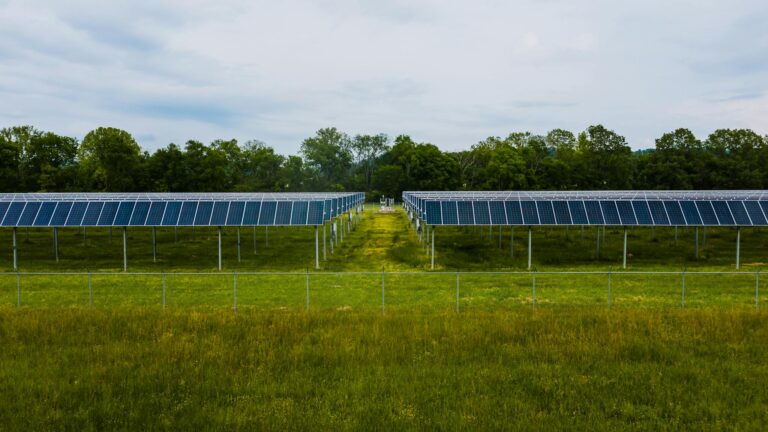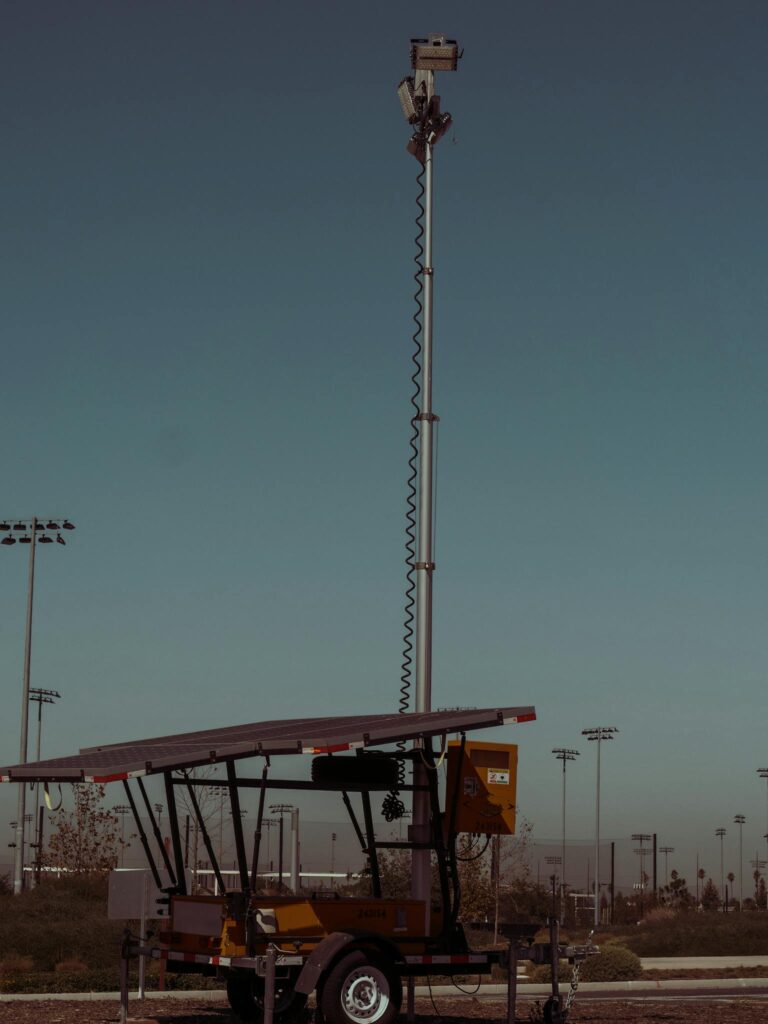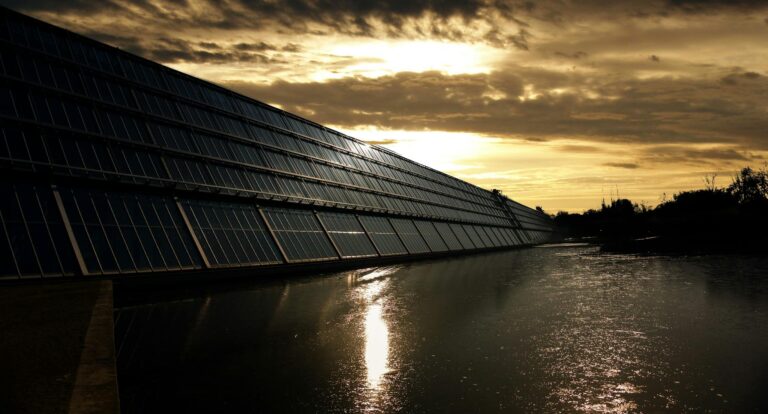As energy costs continue to rise and environmental concerns grow, homeowners are increasingly looking for sustainable and cost-effective alternatives. One of the most popular solutions is switching to solar energy. Whether you’re motivated by reducing electricity bills, going green, or increasing property value, solar energy offers a range of advantages that make it a smart long-term investment.
🌞 Speak to a Solar Expert Now!
Need help choosing the right solar energy parts? Whether you’re setting up a new system or upgrading an existing one, our experts are ready to assist you. One quick call can make all the difference.
📞 Call Now: +1 (844) 213-8777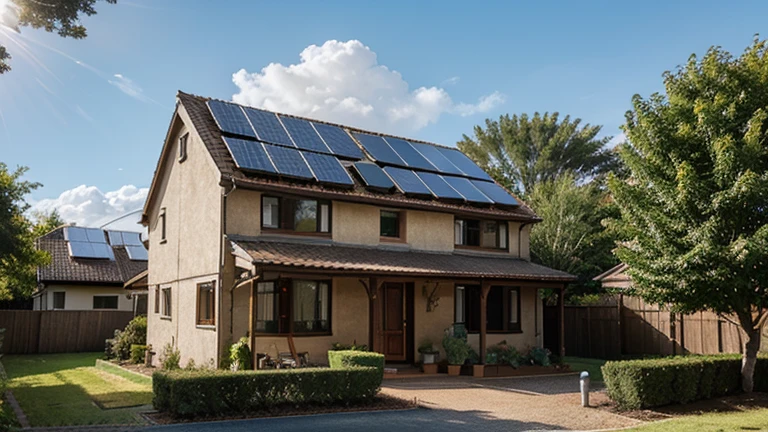
Below are the top 10 benefits of switching to solar energy at home and why it’s a decision worth considering in 2025 and beyond.
🌞 1. Significant Reduction in Electricity Bills
Installing solar panels allows you to generate your own electricity, which means you’ll draw less from the grid. In many cases, solar homeowners cut their energy bills by 50% or more — some even eliminate them entirely depending on system size and sun exposure.
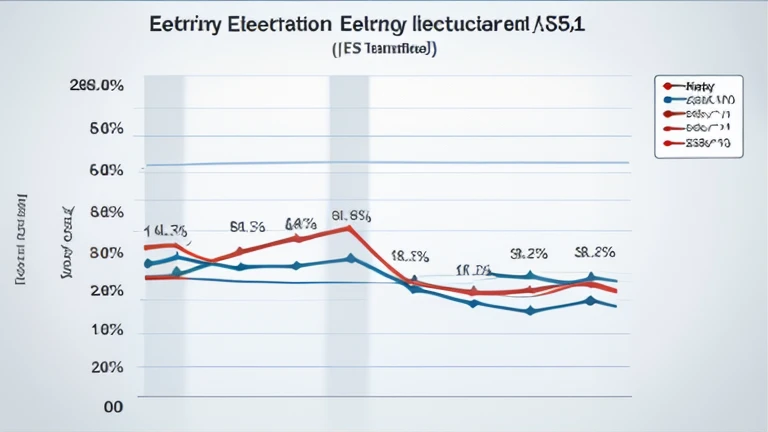
🌍 2. Environmentally Friendly & Sustainable
Solar energy is 100% clean and renewable. It reduces your carbon footprint by lowering greenhouse gas emissions, unlike fossil fuels which contribute to climate change and air pollution. Just one home solar system can offset tons of CO₂ annually.
💸 3. Attractive Return on Investment (ROI)
Although the initial cost of solar panel installation can be high, it’s an investment that pays off. Homeowners typically recoup their investment within 5–8 years and enjoy decades of free electricity afterward. Plus, with solar incentives and tax credits, your ROI improves further.
🏡 4. Increases Property Value
Studies show that homes with solar panels sell faster and for higher prices. Buyers are increasingly valuing eco-friendly features, especially those that lead to energy savings. A solar-equipped home can fetch up to 4-5% more in market value.

⚡ 5. Energy Independence
Solar panels reduce your reliance on the utility company and protect you from fluctuating electricity prices. When paired with battery storage, you can store excess energy for nighttime or backup use during outages — giving you more control over your power supply.
💰 6. Government Incentives & Tax Credits
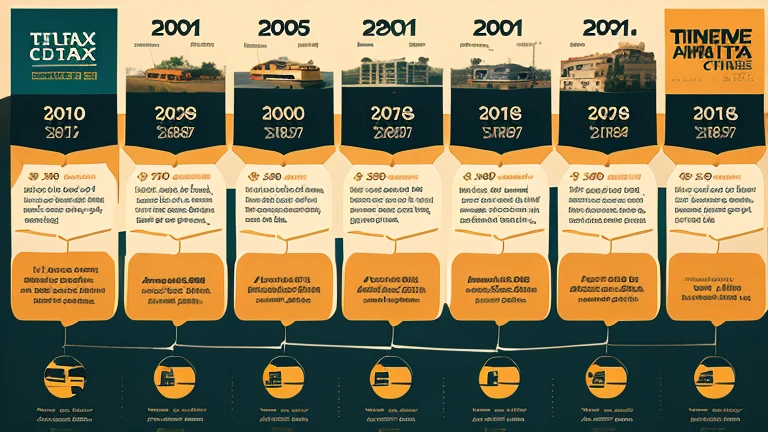
Many countries offer financial incentives to encourage solar adoption, including tax credits, rebates, and net metering programs. In the U.S., for example, the Federal Solar Investment Tax Credit (ITC) allows you to deduct up to 30% of your solar installation cost.
🔧 7. Low Maintenance Costs
Solar panels require minimal maintenance. Most systems come with 20–25 year warranties and only need periodic cleaning and an annual inspection. With no moving parts, the chance of breakdown is very low.
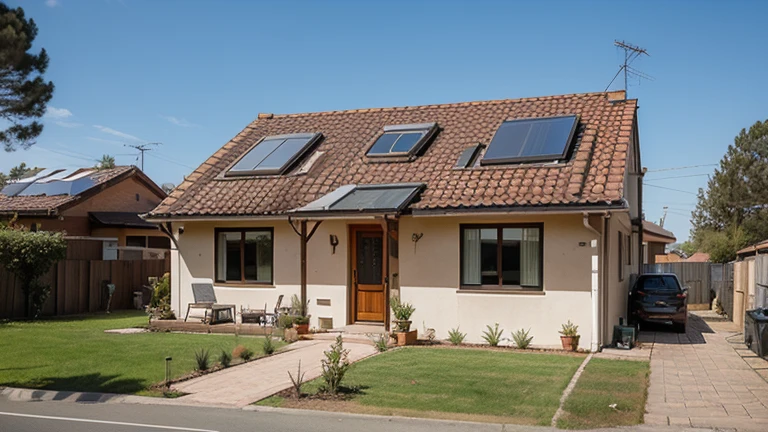
🧘 8. Quiet and Hassle-Free Operation
Unlike noisy generators or other energy-producing equipment, solar panels operate silently. This makes them ideal for residential areas and homeowners who value peace and quiet.
🔋 9. Scalable and Expandable
You can start small and expand your solar system over time. As your energy needs grow—maybe you add an electric vehicle or pool heating system—additional panels can easily be installed.
🌐 10. Support for a Cleaner Grid
By going solar, you help reduce demand on fossil fuel-powered plants and promote the development of clean energy infrastructure. You’re not just helping your own wallet—you’re contributing to a greener planet.
🔆 Speak to a Solar Expert Now!
Need help with solar parts or system setup? Whether you’re starting fresh or upgrading, our friendly experts are here to guide you to the best solar solution for your needs.
📞 Call Now: +1 (844) 213-8777✅ Conclusion
Switching to solar energy at home is no longer a futuristic idea—it’s a practical, cost-effective, and environmentally responsible choice for millions of homeowners. From slashing your electricity bills to increasing your home’s value and helping combat climate change, the benefits are both personal and global.
As technology improves and incentives continue, now is one of the best times to invest in a solar-powered future.
❓ FAQs: Solar Energy at Home
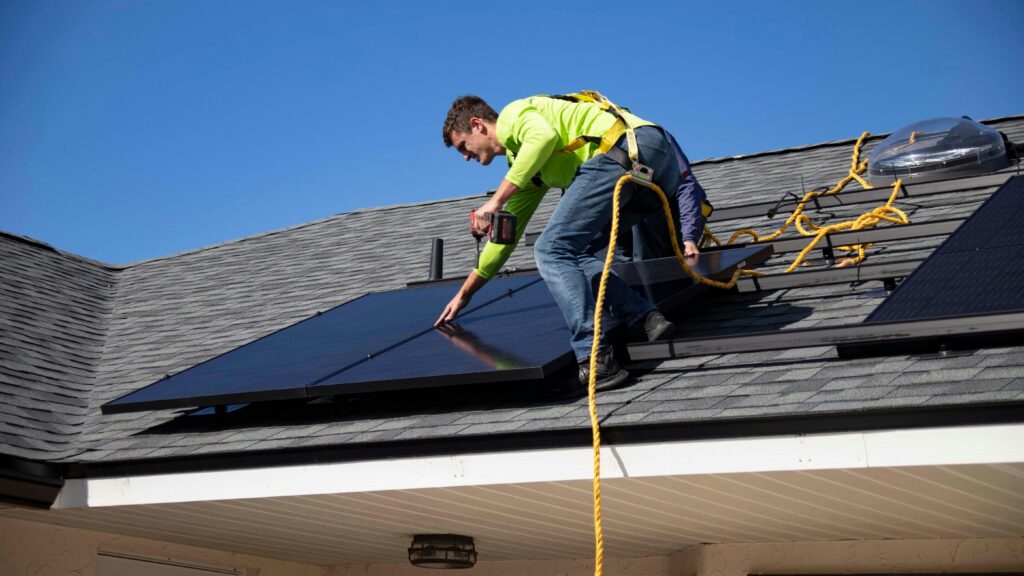
Q1. How much does it cost to install solar panels at home?
Costs vary depending on system size and location, but in 2025, the average cost ranges from $10,000 to $20,000 after tax credits and incentives.
Q2. What is the lifespan of a home solar system?
Most solar panels last 25–30 years or more, with minimal performance degradation over time.
Q3. Can I still use electricity from the grid if I have solar panels?
Yes. Most systems are grid-tied, allowing you to draw power when needed and send excess energy back (earning credits through net metering in many regions).
Q4. Do solar panels work on cloudy or rainy days?
Yes, though performance is reduced. Solar panels still generate electricity under diffused sunlight, just at lower efficiency levels.
Q5. What happens during a power outage?
Unless you have a solar battery backup, your grid-tied system will shut down during a power outage to protect utility workers. A battery system ensures power during blackouts.
